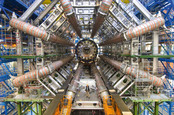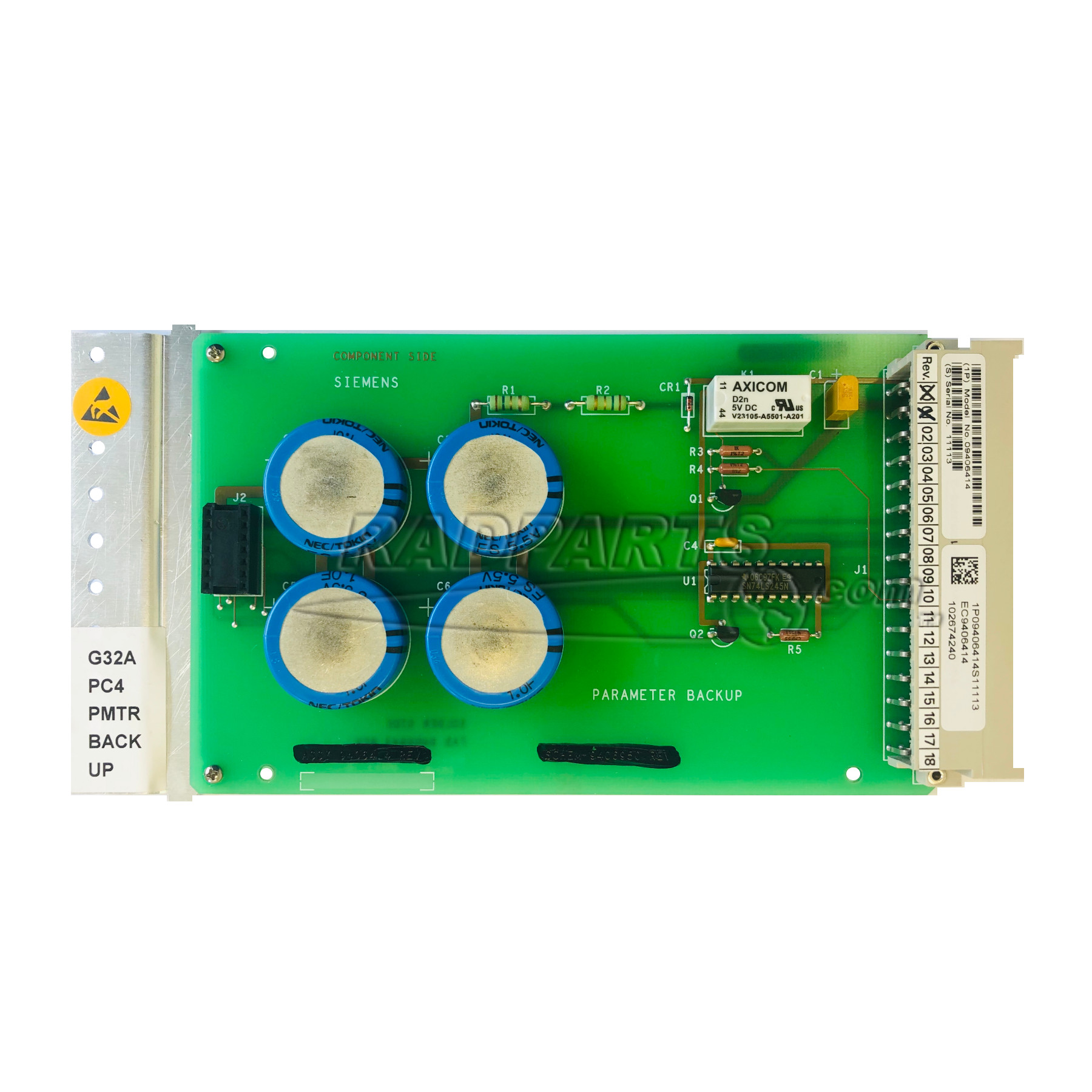No, You Haven't Gone Deaf – The Large Hadron Collider Has Been Wound Down For More Upgrades

No, you haven't gone deaf – the Large Hadron Collider has been wound down for more upgrades
2018-12-04 16:39:33
Back in 2021 with even more inverse femtobarns*
Upgrade time already? It would seem so: three years since its last refit, CERN's Large Hadron Collider (LHC) is taking a two-year break so boffins can embark on another. In 2015, the LHC hit 13 tera-electron volts (TeV), and part of this upgrade cycle will take it to its original design energy of 14 TeV. The scientists will also lay the groundwork for another upgrade, the High-Luminosity LHC, due in 2026, which will smash together at least five times more protons than the current configuration. Between now and the 2021 restart, the accelerators that feed protons into the LHC will be upgraded to produce more intense beams, with the Linac4 linear accelerator replacing Linac2. CERN explained: "The new linear accelerator will accelerate H ' ions, which are later stripped to protons, allowing the preparation of brighter beams." That's just the first accelerator. The second, the Proton Synchrotron Booster, will get new injection and acceleration systems, and the last injector in the chain, the Super Proton Synchrotron (SPS), will get an RF power upgrade "to accelerate higher beam intensities, and will be connected to upgraded transfer lines". Detector upgrades are also on the cards. The LHCb experiment will be replaced with faster detectors, which CERN said will "enable the collaboration to record events at the full proton-proton rate", and the ALICE experiment will have its tracking detectors upgraded. With 300PB of data on tape from previous runs, physicists won't get a rest during the shutdown: they'll be heating up CPUs by the tens of thousands looking for possible "new physics" signatures, a search that will help guide thinking when the high luminosity experiments start in 2026. Original Source: https://www.theregister.co.uk/2018/12/04/darkness_falls_at_large_hadron_collider_upgrade_starts/ Written By: Richard Chirgwin Published Date: 4 Dec 2018
OTHER ARTICLES:
- Understanding Linear Accelerators and Their Role in Cancer Treatment
- Israeli Child Receives Pioneering Seated Proton Therapy with Innovative System
- Significant Milestone Reached in Compact Particle Accelerator Technology
- Innovative Radiotherapy Method Potentially Halves Treatment Duration for Head and Neck Cancer
- WSU Veterinary Hospital Installs a New Linear Accelerator to Fight Cancer
- Patients Privately Pay $2,500 for a Full-Body MRI Scan to Detect Cancer
- MIT and Dana-Farber's Breakthrough in Identifying Cancer Origins
- Available Diagnostic Imaging for Smaller Communities & Young Athletes
- New MR, PET Images Analyze Alzheimer’s Biomarkers
- Prostate Cancer Treatment Vastly Improved









